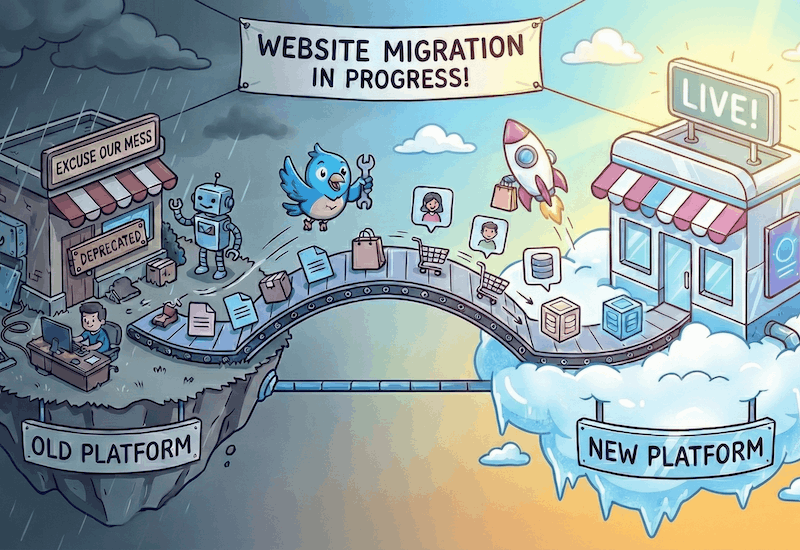
The world of eCommerce in the U.S. has largely consisted of tax-free transactions – up until a few weeks ago that is. On June 21, the Supreme Court ruled that states can now tax the sales of internet companies, regardless of where they are located. The ruling advises that the new law should apply to companies with revenues over $100k or more than 200 transactions per year. It also doesn’t change anything for Amazon and a few other large eCommerce corporations already paying sales tax in every state. Before this ruling, states could only tax the sales of companies with a physical presence in their state. In closing that loophole, the court is essentially leveling the playing field for physical store-owners who have long complained that they are at a disadvantage against online retailers who mostly weren’t required to collect tax on purchases. The ruling also opens up new revenues for states that have been largely averse to levying new taxes, opening up billions in potential new sales tax revenues.
To provide a little bit of history, this ruling overturns a 1992 decision, Quill Corp. vs North Dakota, where the court barred states from requiring businesses to collect sales tax without a substantial connection to the state. Because of that decision though, online retailers were able to thrive – selling nationwide without collecting taxes across the many different tax codes held by states, counties and municipalities.
But to be fair, eCommerce is no longer an industry struggling to gain a foothold, where few consumers are shopping. It’s growing by leaps and bounds.In 2017, online shoppers spent $453.46 billion on the web for retail purchases, a 16 percent increase over the previous year. By 2022, it’s estimated that 17 percent of all sales will take place online. In this day and age, it makes sense that eCommerce companies play by the same rules as physical businesses.
“In general, the ruling was that the world has changed. Physical presence isn’t the only connection – or nexus – needed for sales tax collection because physical presence isn’t the only way we connect,” said Scott Peterson in an interview with BigCommerce that explored the effects of the ruling. Peterson currently acts as Avalara’s Vice President of Government Affairs and U.S. Tax Policy, and formerly served as the Sales Tax Director of the South Dakota Department of Revenue for 11 years.
“They said that the technology that created the ability to be a $5,000,000 company out of your basement also created the technology to be able to comply with tax laws,” he said.
Initial reactions to the ruling seemed to be some light panic across the eCommerce-sphere as retailers tried to determine what exactly the ruling meant for their particular business, as it’s likely to alter the eCommerce landscape for the foreseeable future.
So how should you prepare for this change to impact your business? A few quick tips:
Look Into Tools to Automate
If you’re nervous to undertake the daunting task of setting up your tax rules nationwide and registering to pay taxes in each state, start exploring a few tools that will make the process easier for you. A few that we like are Avalara, Taxjar and Vertex, which have integrations with most major platforms. Being able to automate sales tax collection across states using software is a key reason some members of SCOTUS decided to overturn the 1992 Quill ruling.
Get Your Data Together
If you’re not going to integrate with a third-party tool, you’ll need to start to gather your data on transactions and revenues for any states where you sell directly. You might not have this data available in an easy to generate report. Start working toward this.
Create a Plan to Register in Key States
Prioritize where a sales tax change is going to have the greatest economic impact for your business, and create a plan to register to collect and remit sales tax.
Talk to Your Accounting Team & Review Your Processes
Maybe you’re not the person that handles the invoicing. Sit down with your accounting teams and discuss how any internal processes may be improved to meet new tax compliance standards for new state sales tax laws. There may be internal changes that will make your life a little easier.
To learn more about how this ruling will effect your particular eCommerce business, attend this webinar from Magento Premier Partner Vertex on Tuesday, July 10 at 2 p.m. ET.


